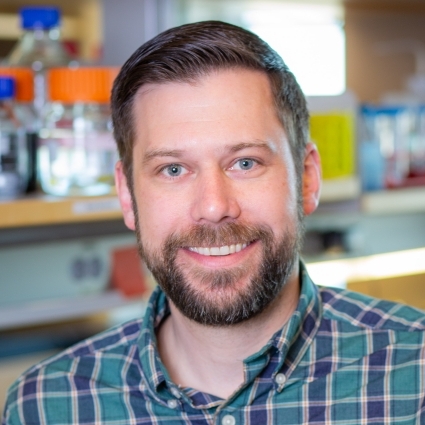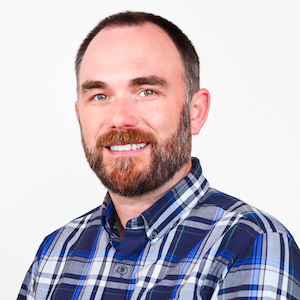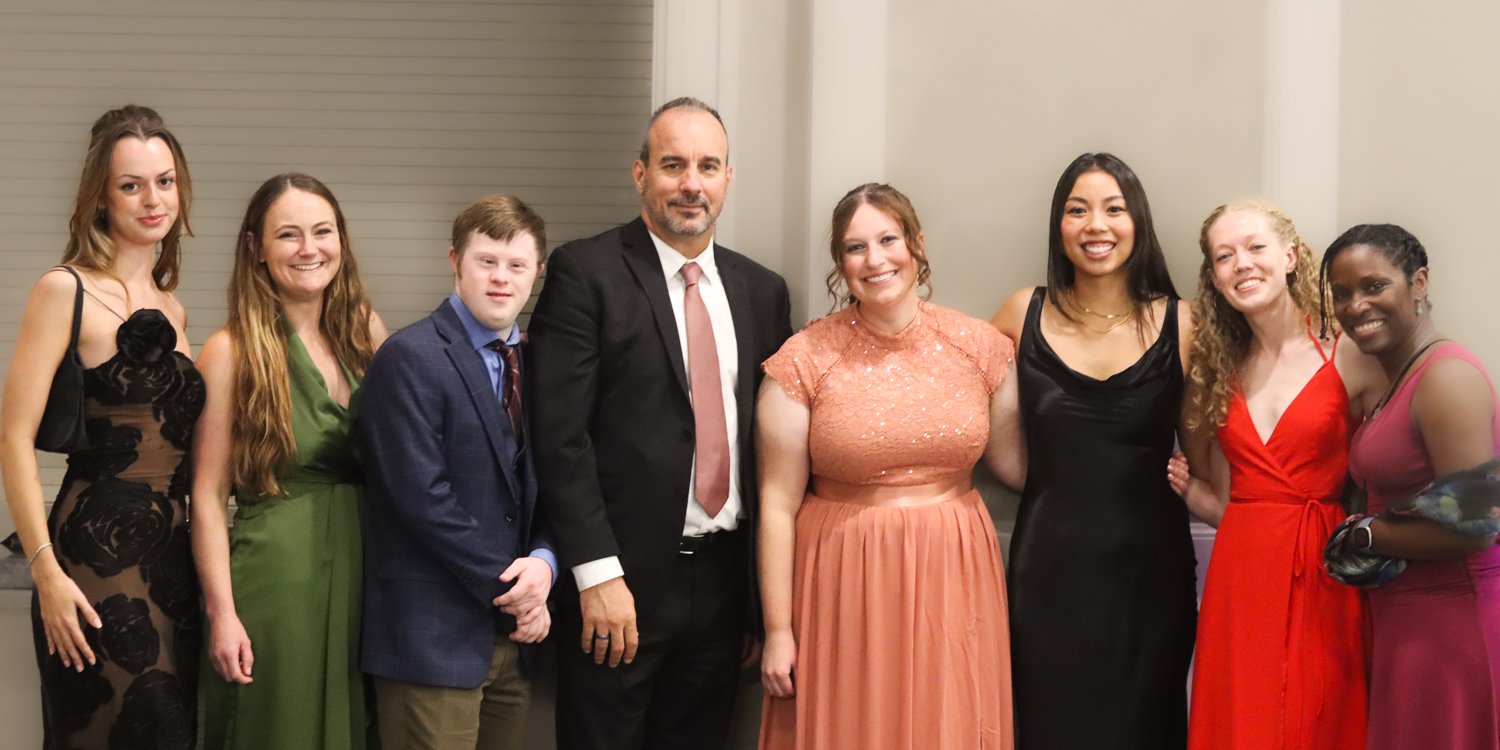Down syndrome, also known as trisomy 21, is caused by an extra copy of chromosome 21 and is the most common chromosomal abnormality in the human population. While it is known that trisomy 21 changes the genetic make-up of an individual, little is understood about how it affects the structure and function of different organs and tissues across the human body or precisely how these effects contribute to the health issues experienced by individuals with Down syndrome.
To address these questions, a team of scientists at the Linda Crnic Institute for Down Syndrome (Crnic Institute) and the Department of Pharmacology at the University of Colorado Anschutz Medical Campus will receive $3M over four years from the National Institutes of Health (NIH) to create a data resource known as the Trisomy 21 Model Atlas.
Matthew Galbraith, PhD, assistant research professor of pharmacology and leader of the Data Sciences Program at the Crnic Institute explains, “It is very difficult to investigate how trisomy 21 affects every organ and tissue in a person with Down syndrome, so experimental model systems such as cell cultures and animal models are always going to be incredibly important to our research. What we are hoping to do is use a combination of human cells grown in the lab and mouse models of Down syndrome to create an atlas of changes driven by an extra copy of chromosome 21 across many tissues.”
Comprehensive data stored in one place
The Trisomy 21 Model Atlas will include data from human cell types derived from stem cells obtained from research participants with Down syndrome enrolled in the study known as the Crnic Institute Human Trisome Project™, as well as data from multiple mouse models of Down syndrome. Once the data is analyzed and curated, it will be organized into an online portal as part of the INCLUDE Data Hub that is funded by the NIH INCLUDE (INvestigation of Co-occurring conditions across the Lifespan to Understand Down syndromE) Project.
“It is our goal that scientists all over the world will use the atlas to ask how the gene, cell type or tissue they’re most interested in is affected by trisomy 21, or to compare changes across both human and mouse models of Down syndrome, all in one place,” says Kelly Sullivan, PhD, assistant professor of pediatrics, leader of the Experimental Models Program at the Crnic Institute and co-principal investigator in this study.
With the creation of the Trisomy 21 Model Atlas, the team hopes to encourage more researchers to study Down syndrome and to help accelerate discoveries that may otherwise have taken years to source the funding and data required.
"This is a truly transformative research endeavor, as it will greatly accelerate the pace of discoveries that benefit people with Down syndrome,” says Joaquin Espinosa, PhD, professor of pharmacology and executive director of the Crnic Institute. “It is also a clear example of the power of collaboration between the research participants in the Human Trisome Project™, the scientists at the Crnic Institute and our partners at the Global Down Syndrome Foundation whose advocacy efforts led to the INCLUDE Project.”
-2.jpeg)
-1.png)




